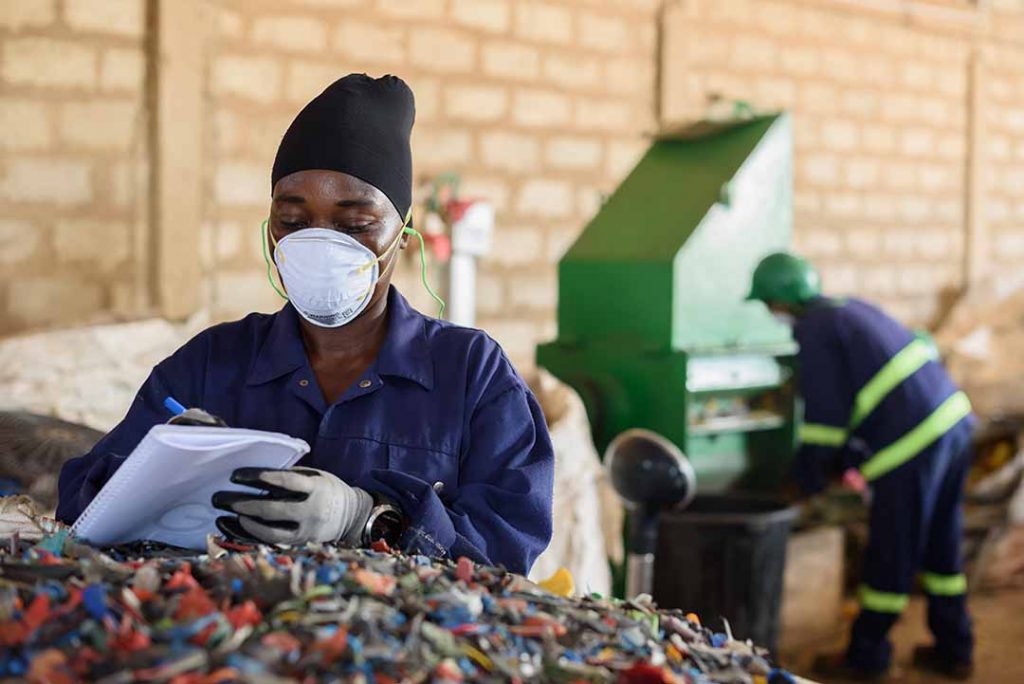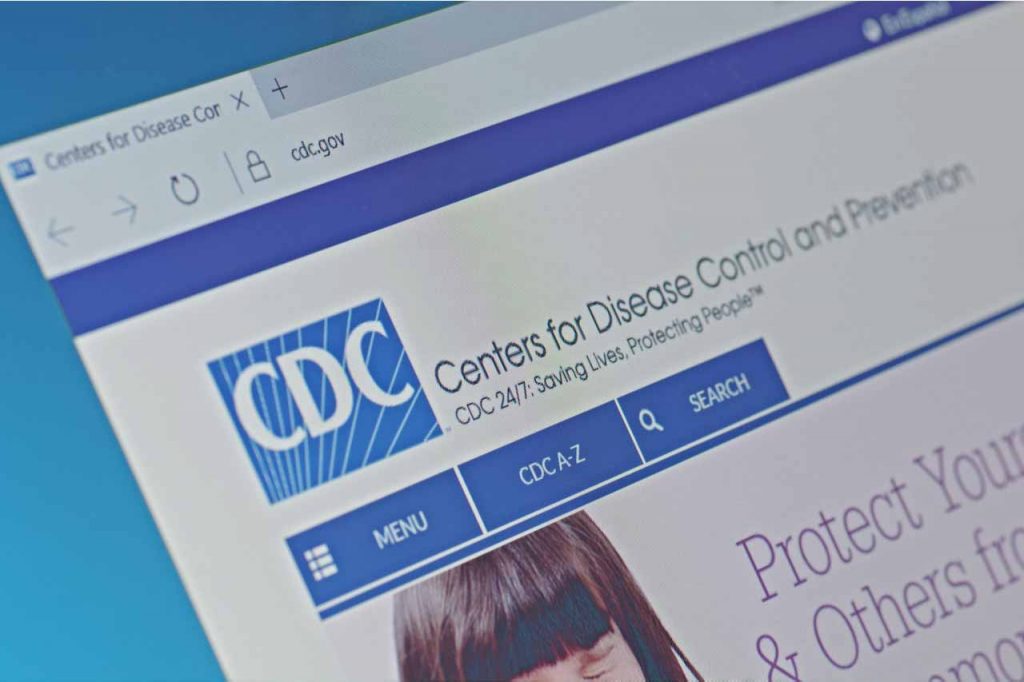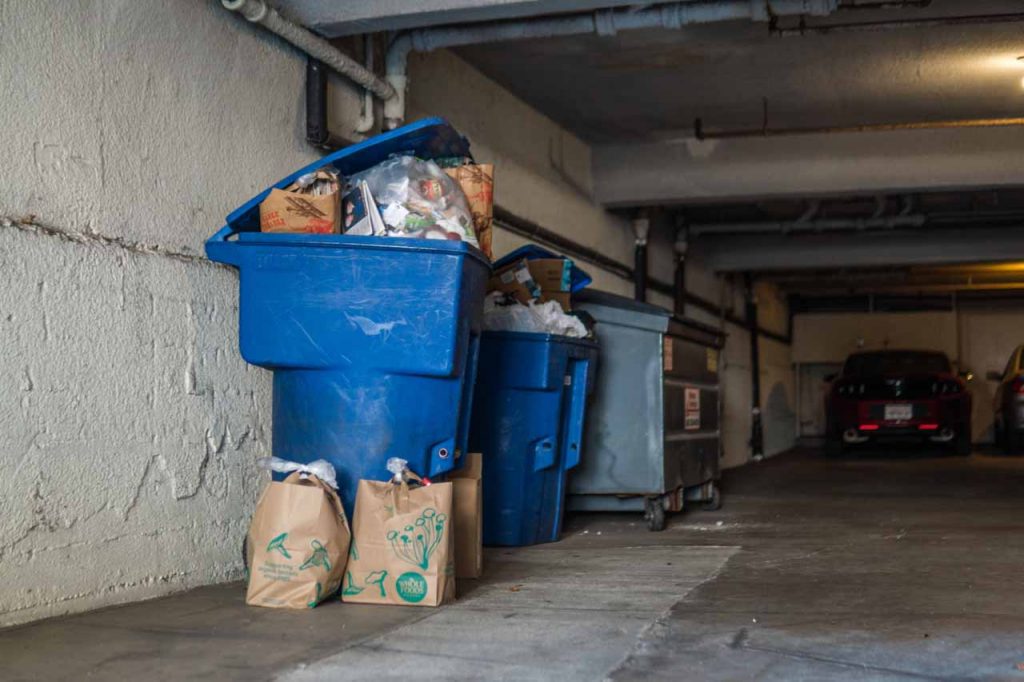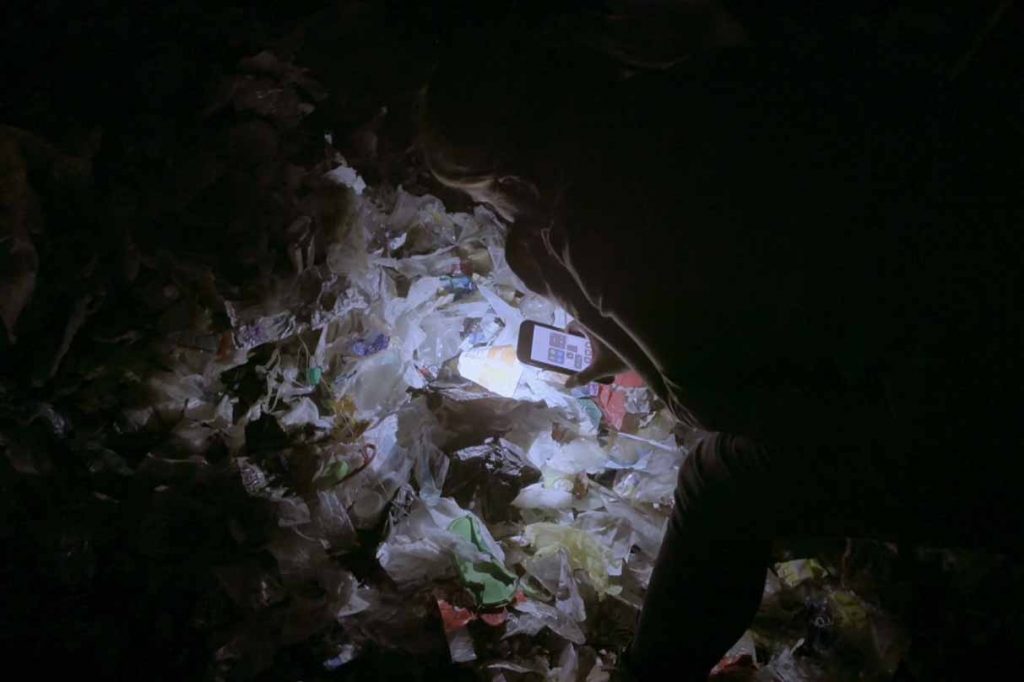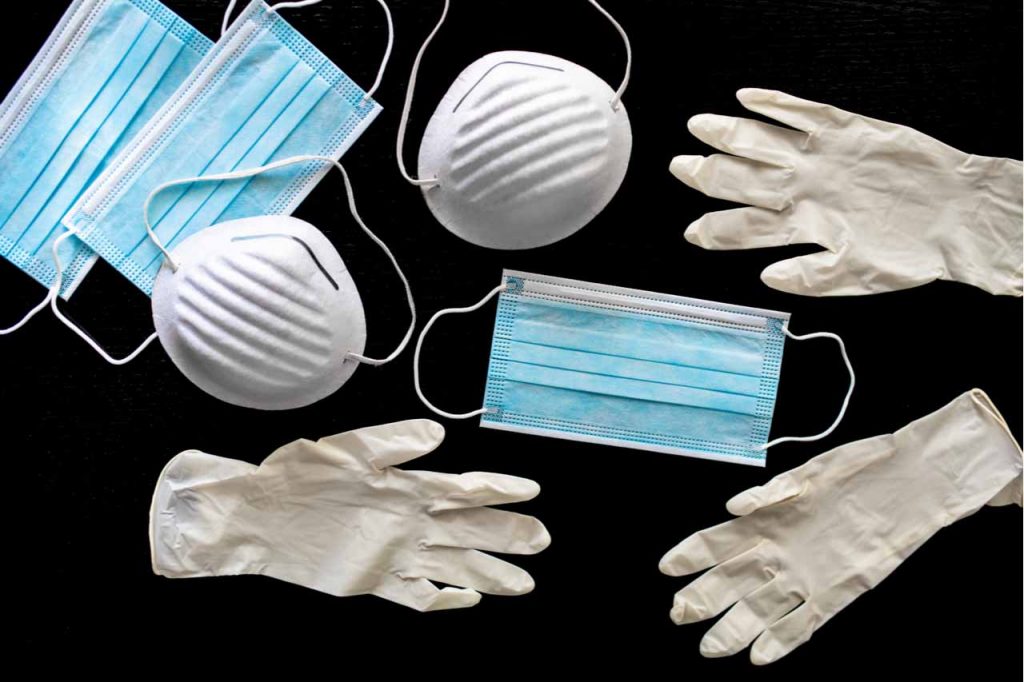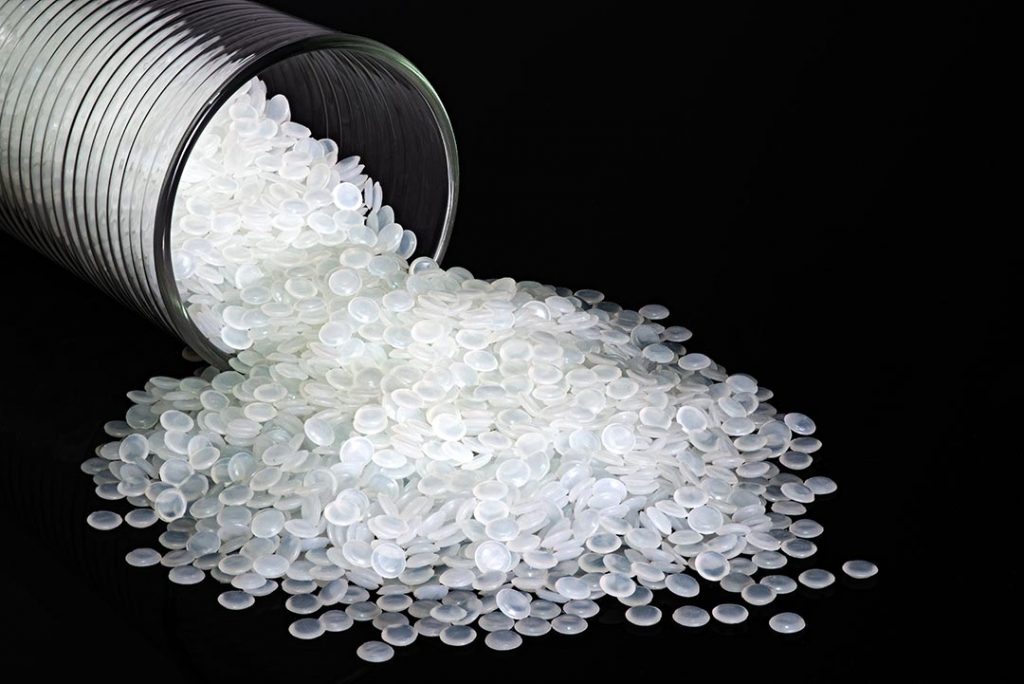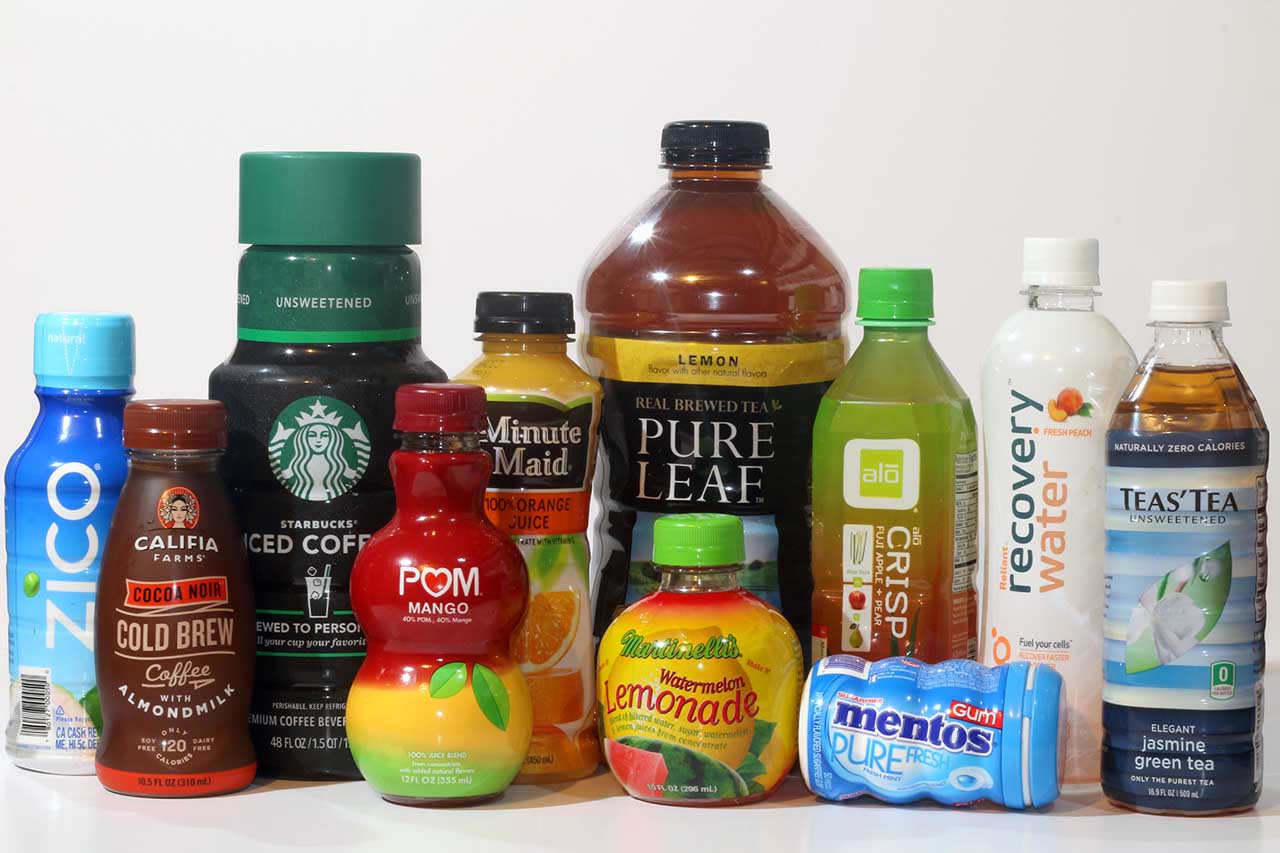
Most shrink-sleeve labels pose challenges for PET bottle recycling, but recycling-friendly innovations were recently recognized by the Association of Plastic Recyclers. | Jared Paben/Resource Recycling, Inc.
Three shrink films for PET bottles and a collection of label inks have passed recyclability reviews by the Association of Plastic Recyclers.


